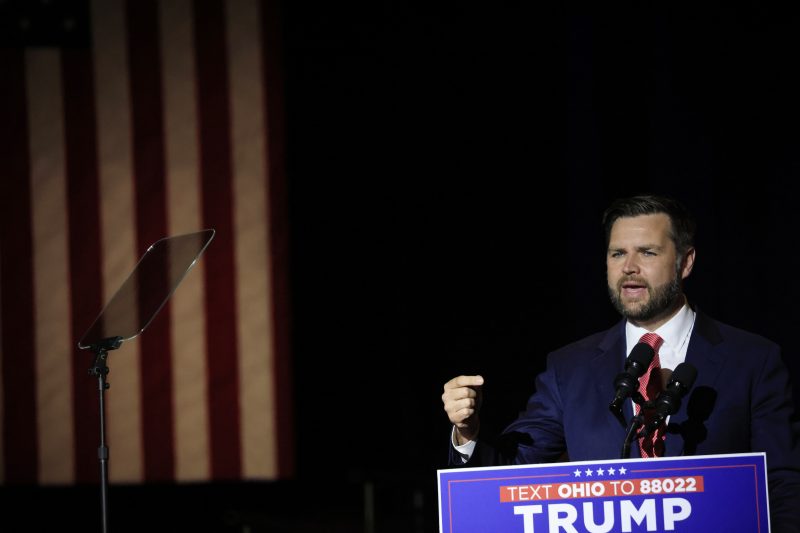In a recent exchange during a discussion about manufacturing jobs in the United States, Secretary of Commerce, Gina Raimondo, reiterated a claim made by former President Donald Trump regarding factory closures. Raimondo reiterated that there has been a significant decline in manufacturing jobs within the country over the past few decades, aligning with Trump’s previous statements.
This claim, however, is not a new one. It dates back to Trump’s time in office, when he consistently blamed the closure of factories on trade agreements and policies that, in his view, disadvantaged American workers. Despite the persistence of this narrative, it has been thoroughly debunked by experts and fact-checkers in the years since Trump’s presidency.
One key aspect of the claim that has been debunked is the attribution of factory closures solely to trade policies. While globalization and trade dynamics undoubtedly play a role in the shifting landscape of manufacturing, experts point to a range of other factors that have contributed to the decline in factory jobs. These include technological advancements, automation, changes in consumer preferences, and shifting market demands.
Moreover, the data does not support the notion that all factory closures are a result of unfavorable trade agreements. In fact, studies have shown that automation and productivity gains have been the primary drivers of the decline in manufacturing jobs in the U.S. over the past few decades. As industries have become more efficient and streamlined their operations, the need for manual labor in factories has decreased.
Furthermore, experts emphasize the importance of understanding the broader economic context when discussing manufacturing job losses. While it is true that some factory jobs have moved overseas due to globalization, many others have been lost to automation and shifts in consumer behavior. Focusing solely on trade policies oversimplifies a complex issue and detracts from the need for comprehensive solutions to address the changing nature of work in the 21st century.
In conclusion, while it may be politically expedient to blame factory closures on trade agreements, the reality is far more nuanced. Manufacturing job losses in the United States are the result of a confluence of factors, including technological change, automation, and shifting market dynamics. By acknowledging these complexities and working towards innovative solutions, policymakers can better address the challenges facing American workers in the modern economy.




























